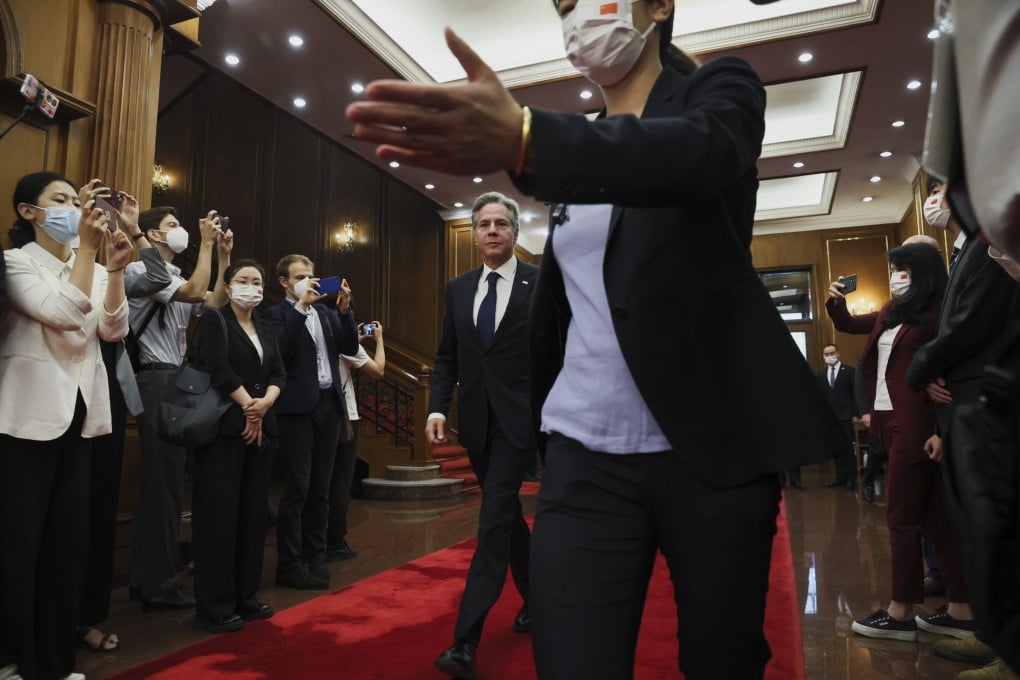Opinion | If US officials have to cross the ocean to meet China’s leader, so be it
- China may interpret the string of US officials coming to Beijing as them paying their respects, but this should not discourage such visits
- The US should move forward in keeping with its ideals and standards of diplomacy, disregarding petty bumps along the way in the interest of the greater good

There’s an argument to be made that Chinese diplomacy values face above all else. China’s long dynastic history is replete with examples of treating foreign visitors, even from comparably powerful countries, as supplicants to the graciousness of the emperor of the heavenly kingdom.
Backed by the British government and funded by the East India Company, Macartney’s mission was meant to address the trade imbalance, which then, as now, saw China selling more goods than it was buying from England and other major trading nations.
Macartney’s lavish gift-giving, seen from the Western side as a way of showing munificence, or less grandly, as greasing the wheels, was interpreted by the Chinese to be tribute, plain and simple. More worrying still, Lord Macartney was expected to kowtow to the emperor as part of the deal, kneeling three times and touching his head to the ground.
A compromise was reached whereby Macartney went down on one knee, which comported with British royal etiquette at the time. But no advantages in trade were gained, and the Qianlong emperor succinctly summed up the drift of the proceedings, saying, “We possess all things. I set no value on objects strange or ingenious, and have no use for your country’s manufactures.”
